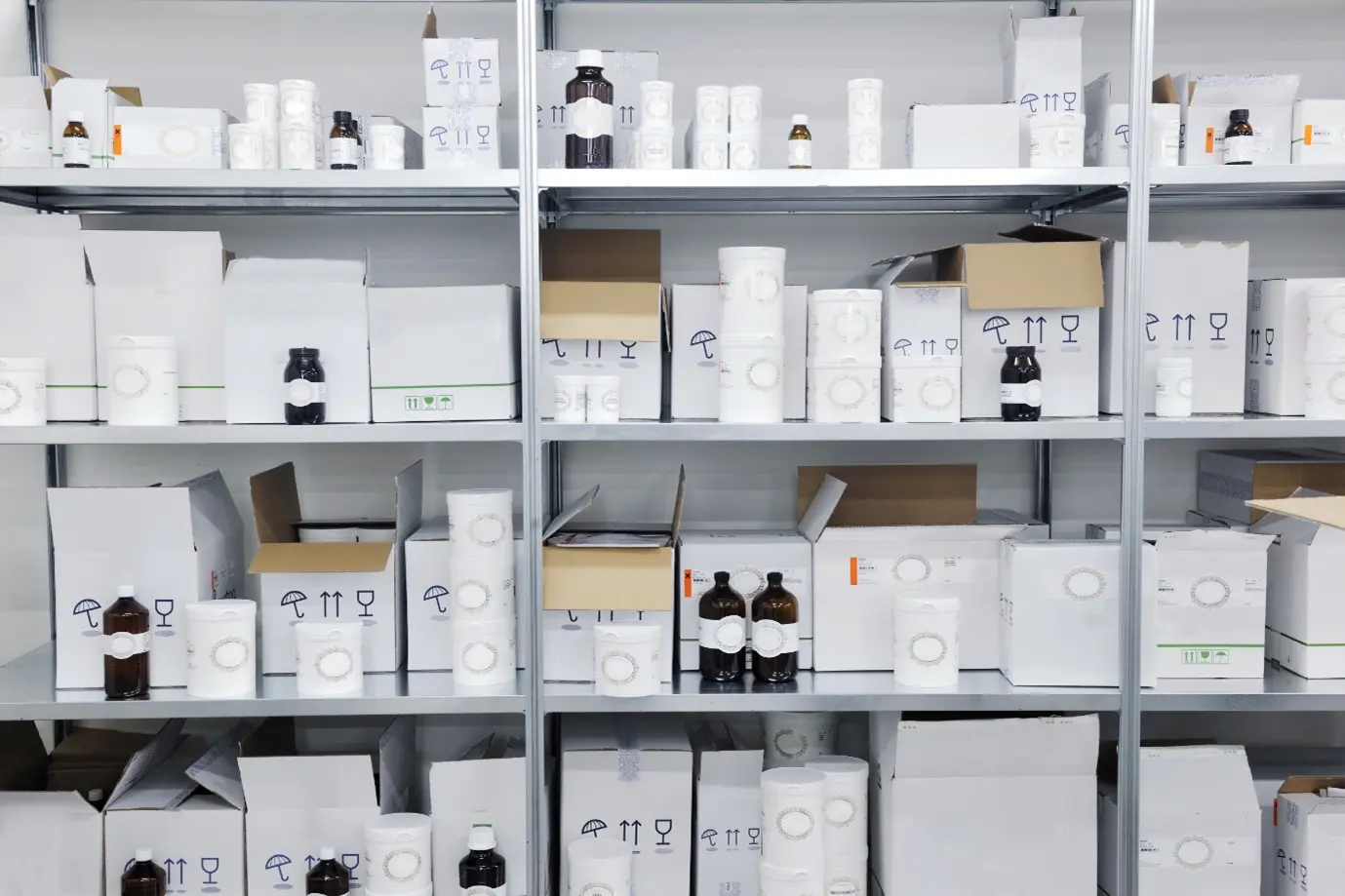Temperature-controlled storage is most often considered alongside perishable markets including food, drink, or even flowers. One frequently used but overlooked industry that also uses a cold room chiller is pharmaceuticals.
Just as with food and drink, medicines and drugs can start to degrade or react when stored at an incorrect temperature – which can be dangerous for the patients who need to take them.
Read on to find out why cold room maintenance is an essential support for the pharmaceutical industry.
Why Choose a Cold Room for Pharmaceutical Storage?
In the UK, most medications need to be stored below 25°C, but some need to be specifically refrigerated at +2 to +8°C.
If this is the case, they will be stored in a fridge before being handed to you and will likely bear warning labels to remind you to store them properly when you return back to site.
If these medicines, vaccines, topical ointments, or medication ingredients need to be chilled, cold rooms can be an essential part of the cold chain.
What Is the Cold Chain?
A cold chain is a temperature-controlled supply chain that stretches from production and storage to transportation, distribution, and delivery to the end user.
This extra level of protection maintains the quality and safety of pharmaceuticals (or other perishable goods), prevents spoilage, and extends the shelf-life of products.
Cold room chillers are a critical component of the pharmaceutical industry cold chain – providing safe storage for perishable ingredients of all types before and after distribution.
But why wouldn’t premises choose a laboratory or medication fridge instead of a cold room?
Why Choose a Cold Room Instead of a Medication Refrigerator?
There are many reasons a warehouse or distribution company might choose to invest in cold rooms instead of medication fridges.
Benefits include:
- Larger storage capacities than medication fridges
Given the needs of the pharmaceutical industry across the globe, it’s highly unlikely that traditional meds fridges will have the storage capacities needed.
This is especially true when you consider that the items will need to be carefully and securely packaged to prevent unauthorised access or breakages during transit.
- Easier unloading and reloading
When loading and unloading goods, cold rooms provide larger storage spaces and wider doorways – making the process smoother, simpler, and more efficient.
Likewise, thanks to their increased size, they can also allow for the use of wheeled machinery, which can rapidly speed up transportation and ensure the goods remain in temperature-controlled environments for as long as possible.
- Easier access and ingress
At the distribution stage of the pharmaceutical industry cold chain, while light vehicular access is a benefit, easier access for staff is more important.
By providing larger temperature-controlled spaces, cold room chillers can allow many staff to come in, unpackage, and collect goods for repacking and delivery to individual pharmacies or healthcare facilities.
- Durable and long-lasting
A medical or pharmaceutical fridge has an expected lifespan of 8-10 years, even with regular cleaning and maintenance.
A cold room, on the other hand, could last decades with regular maintenance and the use of spare parts for repairs – helping you save money long-term.
What Does a Cold Room Need to be Considered Safe for Pharmaceutical Storage?
As described by Good Distribution Practice (GDP) per EU legislation, there are a few things you need to check regularly if you intend to use cold rooms as pharmaceutical storage. This includes:
- Ensuring stock can be segregated properly – to stop cross-contamination
- Collecting condensate from the inside – lest this lead to product degradation
- Completing routine maintenance and servicing from outside the cold room chiller – to stop refrigerated air from being lost and temperature fluctuations
- Accurate temperature monitoring – the temperature should be monitored with an electronic temperature-recording device in one or more locations to remove the risk of fluctuations or hotspots
- Alarms for power outages and temperature changes – to allow for refrigerated conditions to be swiftly rectified
Cold Room Refurbishment from MTCSS
With MTCSS, maintenance and refurbishment need not be a headache. We can help with one-off or regular, scheduled maintenance/refurbishment to ensure your cold room chiller is suitable for use within the pharmaceutical industry – helping you to pass industry audits without breaking a sweat.
Key maintenance and refurbishment elements include:
- Changing cold room door and sweeper gaskets
- Checking and changing door heater systems
- Repairing or replacing handles and door furniture
- Adjusting door operations
- Cold room floor and floor overlay installation or replacement (as needed)
- Hygienic planking to internal cold room walls
- Fitting door and wall protection
If you need to ensure the appropriate storage of pharmaceuticals and medications, no matter what stage of the manufacturing or delivery process you are involved in, the team at MTCSS can help.
As experts in cold rooms, we can help with the design and installation of bespoke chilled temperature-controlled spaces for the safe storage of medicines, topical ointments, or ingredients that need to be kept temperature-stable.
To ask questions about refurbishment or maintenance or to order a cold room chiller of your own, call us at 01886 833 381 or email us at sales@mtcss.co.uk – our helpful and knowledgeable team are on hand to help.


